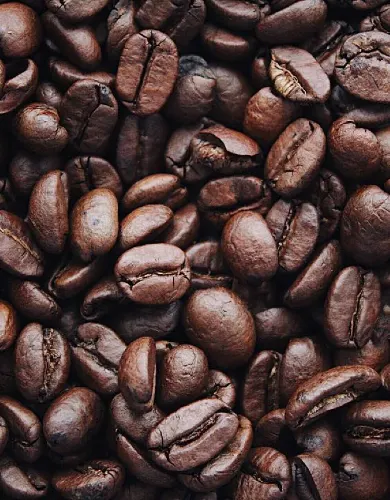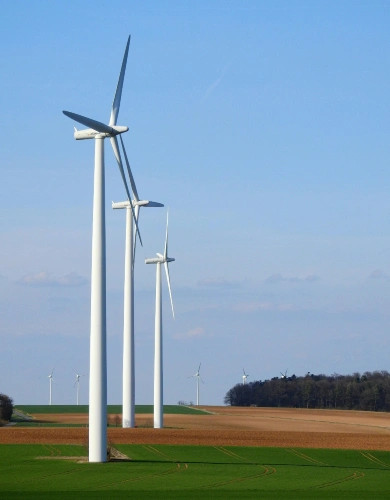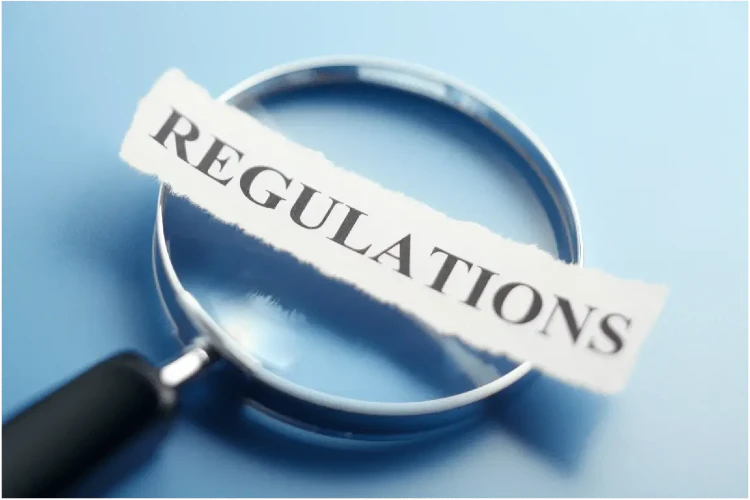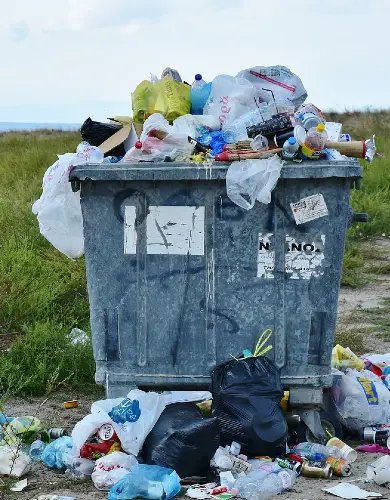 Turning coffee grounds into Biofuel
Turning coffee grounds into Biofuel Coffee is, without a doubt, the drink of choice for most people of working age in the UK, with national consumption exceeding 95 million cups every day. This produces a quarter of a million tonnes of wet Spent Coffee Grounds (SCG), most of which end up in landfills, emitting methane gas which is many times…
read more Wind turbine blade recycling in the UK
Wind turbine blade recycling in the UK The UK’s wind energy revolution is in full swing, powering more homes than ever. But there’s a growing challenge on the horizon: what happens to wind turbine blades when they reach the end of their lifespan? Unlike other components of a wind farm, turbine blades are notoriously difficult to recycle. The waste industry is racing…
read more Commercial Waste Regulations
Commercial Waste Regulations This guide explains the obligations businesses in the UK have for managing and disposing of their waste. Commercial waste refers to waste generated by any trade or business. For a precise definition of how this differs from domestic waste, refer to our guide on what is classified as commercial waste. This guide covers: Simpler Recycling…
read more Waste Segregation
Waste Segregation Waste segregation is the process of sorting waste into separate categories so each type can be recycled, reused, or disposed of in the right way. Waste segregation systems prevent the cross-contamination of waste, which improves recycling rates, reduces waste collection costs, and minimises the environmental impact of waste. This article explains best practices for waste…
read more